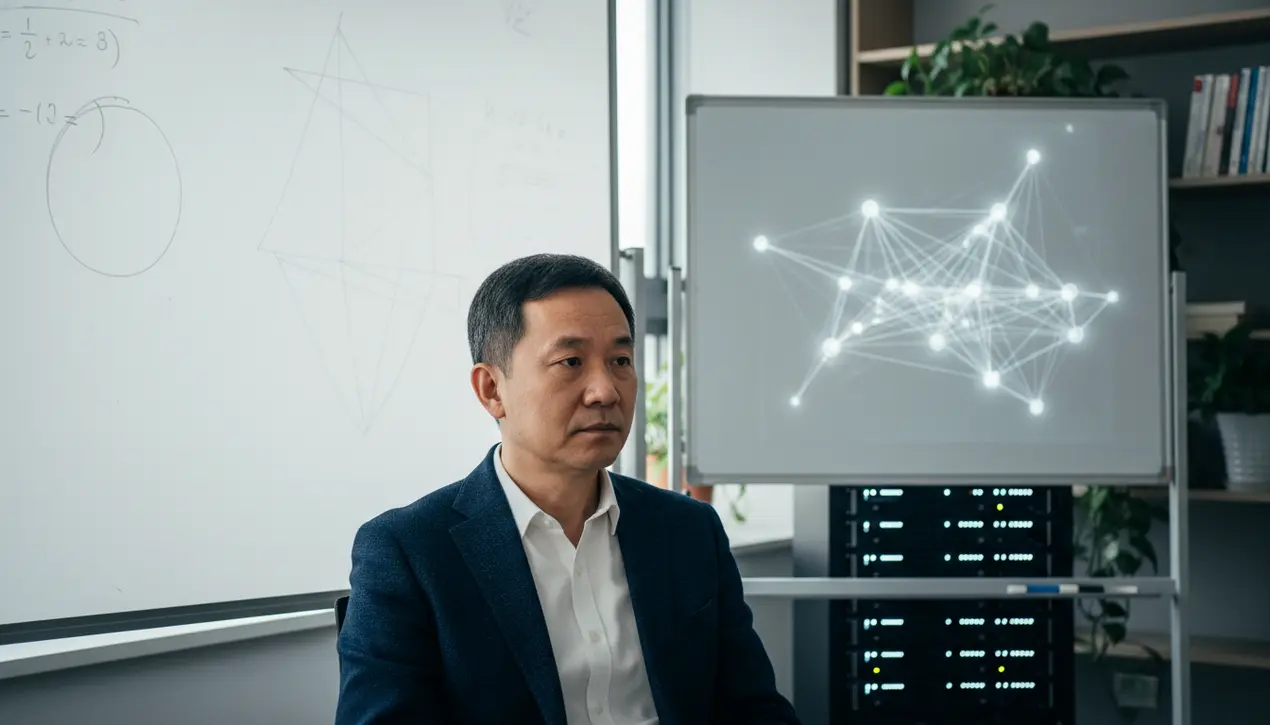
AIresearch & breakthroughs
Former Meta Researcher Discusses AI Team Restructuring and Scaling Laws.
DA
Daniel Reed
4 hours ago7 min read
The tectonic plates beneath AI research shifted noticeably this week when Tian Yuandong, formerly a research scientist director at Meta's prestigious FAIR (Fundamental AI Research) team, broke his silence in a revealing interview on Silicon Valley 101. His insights weren't just a simple recounting of corporate restructuring; they were a profound challenge to the very orthodoxy that has guided artificial intelligence development for years—the sacrosanct scaling laws.For the uninitiated, scaling laws have been the North Star for organizations like OpenAI and Google DeepMind, positing a seemingly straightforward relationship: as you pour more computational power and data into a model, its performance improves predictably and reliably. It’s a philosophy that has justified billion-dollar investments in compute clusters, creating an arms race where the biggest GPU farm often wins.Yet, Tian revealed a more nuanced and resource-constrained reality at Meta. The restructuring of their AI teams, he suggested, wasn't merely an organizational chart exercise but a direct response to the hard ceiling of finite computing resources.This is the dirty little secret of the AI gold rush: even tech behemoths face physical and economic limits. When you can't simply throw more silicon at the problem, you must get smarter.This forces a pivot from brute-force scaling to architectural ingenuity, algorithmic efficiency, and perhaps a renewed focus on what Tian’s former team was always known for—fundamental, rather than merely applied, research. It calls to mind the early debates in computing between building faster hardware and writing more elegant code.Are we reaching a point of diminishing returns where the next breakthrough won't come from a larger model, but from a more clever one? This perspective is gaining traction among a growing cohort of researchers who argue that the relentless pursuit of scale is not only environmentally unsustainable but also scientifically myopic. It risks leaving behind promising avenues of research that don't fit the 'bigger is better' paradigm, such as neuro-symbolic AI or more energy-efficient sparse models.Tian’s commentary, therefore, is less a post-mortem on a corporate reshuffle and more a manifesto for a potential new direction in AI—one where efficiency, creativity, and fundamental understanding might finally challenge the hegemony of raw scale. The consequences are staggering, potentially leveling the playing field for smaller research labs and academic institutions that could never compete in a pure compute war, but who might innovate their way to a smarter, not just a larger, artificial intelligence. The restructuring at Meta may well be remembered not as an internal memo, but as the first tremor of a coming paradigm shift.
#Meta Platforms
#AI layoffs
#resource competition
#scaling laws
#Tian Yuandong
#featured
Stay Informed. Act Smarter.
Get weekly highlights, major headlines, and expert insights — then put your knowledge to work in our live prediction markets.
Comments
Loading comments...
© 2025 Outpoll Service LTD. All rights reserved.